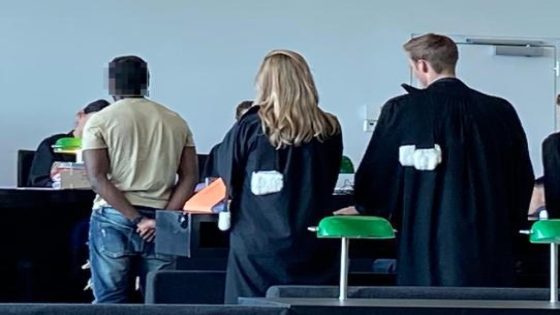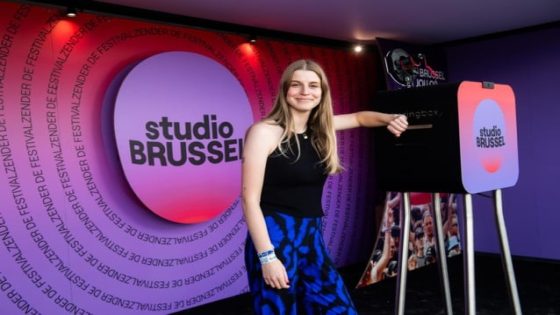An AI avatar has made history by addressing a court, representing Christopher Pelkey, a victim of a road rage incident. On May 7, 2025, Pelkey’s likeness spoke directly to the man who killed him, Gabriel Horcasitas, expressing a message of forgiveness. This unprecedented use of technology raises significant questions about the future of AI in legal proceedings.
- AI avatar addresses court for the first time
- Victim's family uses AI for impact statement
- Judge moved by avatar's forgiveness message
- Legal framework supports AI-generated testimony
- Concerns about AI's role in court proceedings
- Family aimed to humanize victim's narrative
The AI avatar, created by Pelkey’s sister, Stacey Wales, delivered a heartfelt statement that included personal insights about Pelkey’s life and beliefs. This moment marked the first time an AI-generated video statement was accepted in a U.S. court, setting a potential precedent for future cases.
This groundbreaking event prompts US to consider the implications of AI in the courtroom. Can technology effectively convey the emotions and experiences of victims? Will this change how justice is served? Here are some key points to ponder:
- AI avatars could personalize victim statements, enhancing emotional impact.
- Legal systems may need to adapt to the ethical implications of AI usage.
- Public perception of justice may shift with the introduction of AI technology.
As we move forward, it’s crucial to explore how technology can enhance the judicial process while ensuring that justice remains at the forefront of our legal system.


























